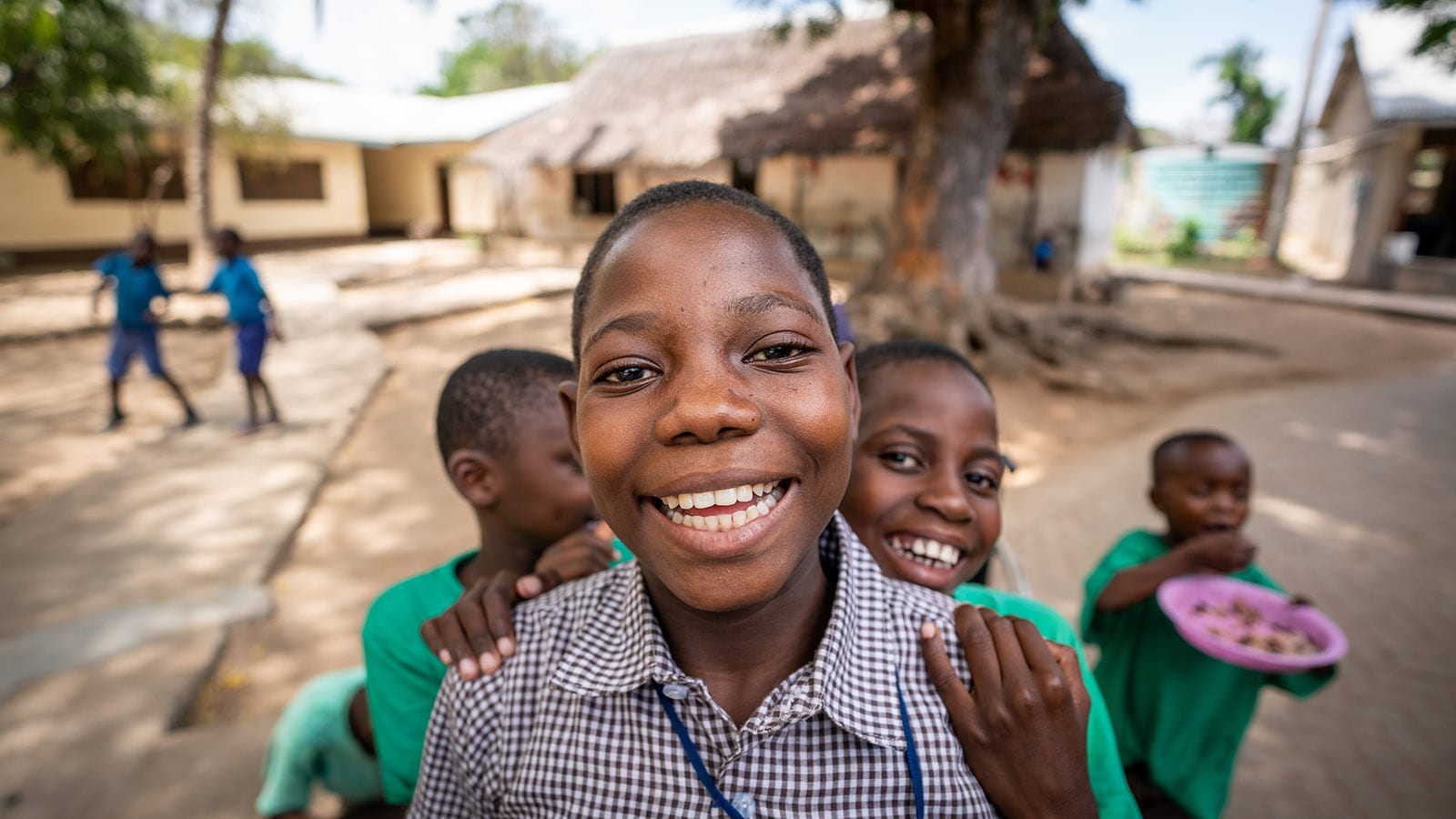
Kupenda uses the United Nations’ definition of disability:
“The term persons with disabilities is used to apply to all persons with disabilities including those who have long-term physical, mental, intellectual or sensory impairments which, in interaction with various attitudinal and environmental barriers, hinders their full and effective participation in society on an equal basis with others.”
The existence of varying attitudinal and environmental barriers mean that a person may be regarded as having a disability in one society but not in another.
No. The founding work of Kupenda was based on providing education to children with disabilities. The primary focus of Kupenda’s work continues to be with children, youth, and their families. According to the United Nations, individuals are considered to be youth up to 24 years old. However, because many children with disabilities start school much later in life due to multiple barriers, Kupenda sometimes supports youth past 24 years old. Kupenda’s work reducing stigma and sensitizing communities about disability justice also benefits people with disabilities of all ages.
Kupenda for the children was founded and is led by Cynthia Bauer, a woman living with disability. Kuhenza was founded by and led by Leonard Mbonani, who is a cancer survivor, which is also considered a disability in his country of Kenya. Eighty percent of Kupenda’s board members have disabilities.
Kupenda also works with area Disabled Person’s Organizations (DPOs) and ensures that our program beneficiaries, graduates, and other people with disabilities and their family members are involved in designing and leading all of our workshops and program activities.
Yes, your donations are secure. The safety and security of your personal information and donations are extremely important to us. We do not share your information with any other parties and all of our online donation systems are secure.
Kupenda uses third-party services to make sure that your donation and information is kept secure. Our online donation page uses Stripe, which exceeds the most stringent security standards:
- SSL Protected: All transactions are SSL (Secure Socket Layer) protected. Your information is securely transmitted during the processing of all payments.
- PCI Compliant: Stripe is a PCI Service Provider Level 1 which is the highest grade of payment processing security.
- Encrypted: All credit card numbers are encrypted and safely stored in Stripe’s state of the art data-center. This ensures both the security and integrity of your information.
Stripe exceeds industry security standards and is trusted by thousands of businesses of all sizes across the globe including many Fortune 500 companies.
Yes. Kupenda was founded and continues to operate as a Christian organization which means we believe in and demonstrate the love, justice, and compassion displayed in the life and death of Jesus to people of all faiths or none at all. We follow the biblical guidance of loving all people as ourselves, especially families impacted by disabilities who are often the most vulnerable, marginalized, and abused.
All who desire to be a part of this work are welcome, regardless of religious preference or background. We welcome recipients, volunteers, and supporters from all religious beliefs or none.
We also have a Non-Proselytizing Policy which states we will not proselytize. This means that Kupenda will not offer assistance on the expressed or implied condition that people must 1) adhere to or convert to a particular faith or 2) listen and respond to messaging designed to induce conversion to a particular faith. Nor will Kupenda work with entities or individuals who insist on proselytizing as part of their work with us.
Communities always contribute to Kupenda’s development projects and have a real sense of ownership and true participation. Community participation is integral to transformational development.
Kupenda’s disability advocacy programs focus on engaging and mobilizing local leaders and residents to care for children with disabilities in their communities. Using a human-centered design approach, we develop advocacy best practices and tools with regular, in-depth feedback from these leaders and residents to ensure our programs are culturally sensitive, relevant, and effective. These community members are design partners and lead implementers committed to sustaining our disability outreach programs in their county.
“[We rely on] partnerships with people on the ground, and the communities themselves, and with people with disabilities themselves—to actually tell us how we can best come alongside them as they create solutions to be more inclusive of people with disabilities in all aspects of life.”
~ Cynthia Bauer, Kupenda’s co-founder and Executive Director
No. Kupenda’s work is funded by both U.S. and Kenyan foundations, businesses, churches, and individual donors. We also rely on our Kenyan staff, volunteers, community leaders and families to design and deliver our programs at the community level. By working hand and hand with our Kenyan counterparts, we ensure that our work is locally-driven and sustainable.

